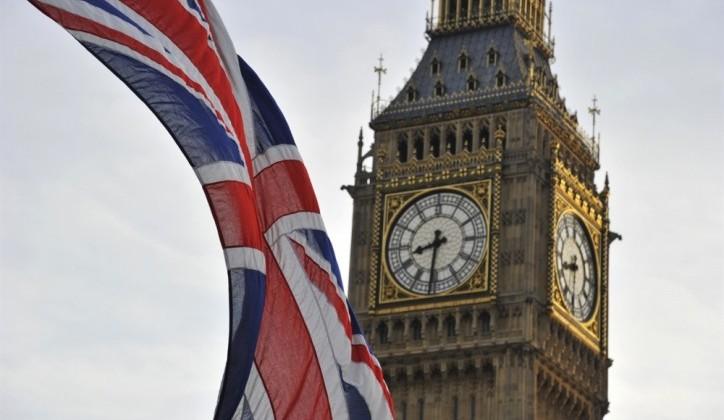
The UK will use a series of international summits this year to call for a comprehensive strategy to combat Russian disinformation and urge a rethink over traditional diplomatic dialogue with Moscow, following the Kremlin’s aggressive campaign of denials over the use of chemical weapons in the UK and Syria.
British diplomats plan to use four major summits this year – the G7, the G20, NATO and the European Union – to try to deepen the alliance against Russia hastily built by the Foreign Office after the poisoning of the former Russian double agent Sergei Skripal in Salisbury in March, according to The Guardian.
“The foreign secretary regards Russia’s response to Douma and Salisbury as a turning point and thinks there is international support to do more,” a Whitehall official said. “The areas the UK are most likely to pursue are countering Russian disinformation and finding a mechanism to enforce accountability for the use of chemical weapons.”
Former Foreign Office officials admit that an institutional reluctance to call out Russia once permeated British diplomatic thinking, but say that after the poisoning of Skripal and his daughter, Yulia, that attitude is evaporating.
Ministers want to pursue a broad Russian containment strategy at the coming summits covering cybersecurity, NATO’s military posture, sanctions against Vladimir Putin’s oligarchs and a more comprehensive approach to Russian disinformation.
It is argued that votes by MPs this week over public registers of beneficial share ownership in Britain’s overseas territories and the introduction of Magnitsky-style sanctions belatedly gives the UK greater moral credibility to urge wavering countries to join an international alliance.
Read alsoExpelled spies included Russians suspected of tracking compatriots who resettled in U.S. – mediaRussia’s critics say in case after case – the downing of Malaysia Airlines flight MH17 in 2014, the role of official Russian forces inside Ukraine, the murder of the former Russian spy Alexander Litvinenko on UK soil, the Syrian government’s repeated use of chemical weapons, the covert disruption in the western Balkans and repeated cyber-attacks – the west finds itself arguing with Russia not just about ideology, or interests, but Moscow’s simple denial, or questioning, of what the western governments perceive as unchallengeable facts.
“Putin is waging an information war designed to turn our strongest asset – freedom of speech – against us. Russia is trying to fix us through deception,” said Tom Tugendhat, the chairman of the foreign affairs select committee.
British politicians are not alone in claiming Russia’s record of mendacity is not a personal trait of Putin’s, but a government-wide strategy that makes traditional diplomacy ineffective.
Read alsoBritain shares "unprecedented" Skripal intelligence with alliesAngela Merkel, the German chancellor, famously came off one lengthy phone call with Putin – she had more than 40 in a year – to say he lived in a different world. David Cameron also once told friends that discussions with Putin were unlike with any other leader.
He told colleagues the normal assumption was that his interlocutors were speaking their version of the truth. “With Putin you came off the phone, and you were not quite sure he believed what he was saying,” Cameron said.
For some Baltic diplomats, Putin’s regime now lies so systematically that diplomatic dialogue is close to redundant. Linas Linkevicius, the Lithuanian foreign minister, said: “A lie isn’t an alternative point of view; it is simply a lie and needs to be identified as such. A T-90 tank in Ukraine isn’t just a ‘vehicle.’ Propaganda is not a legitimate form of public diplomacy.”

